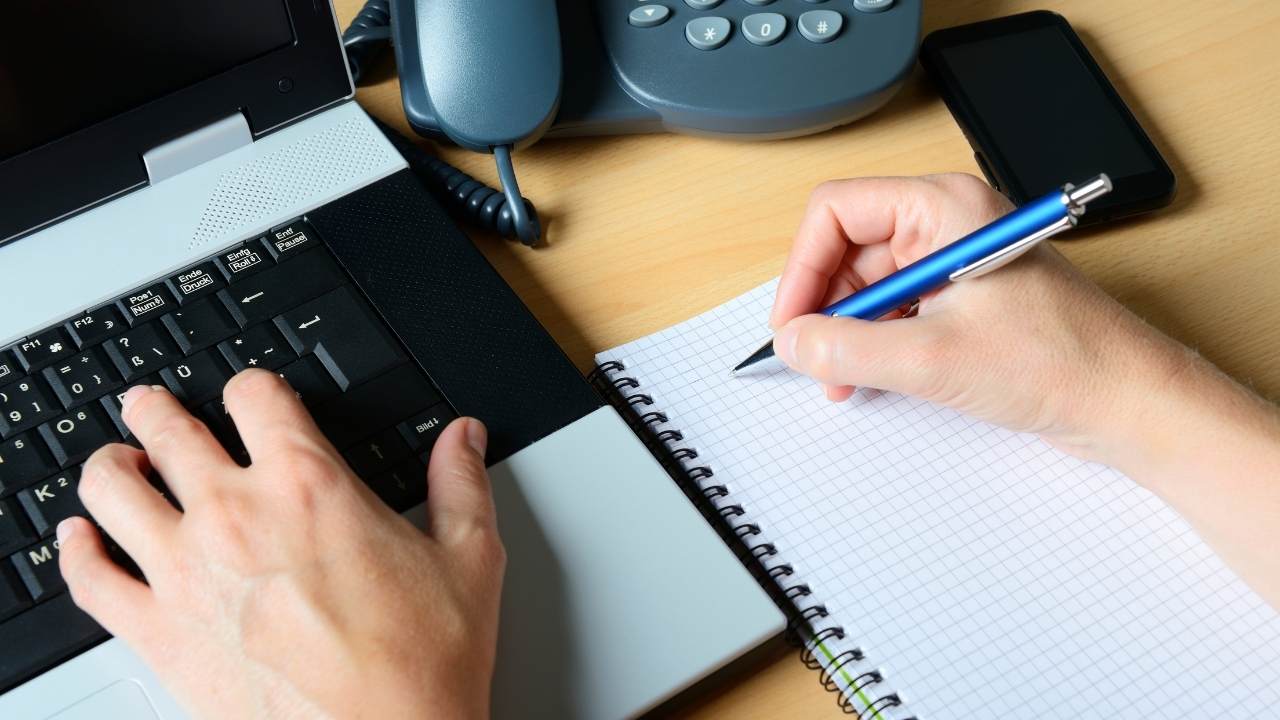Sample Of An Email – Emails play a crucial role in professional communication, bridging gaps between colleagues, clients, and stakeholders. Crafting the perfect email can enhance clarity, foster collaboration, and drive results. Understanding the importance of structure, tone, and content is key to ensuring your message is well received. Whether you’re sending a formal request, a friendly update, or a quick follow-up, knowing how to formulate your email can make all the difference.
In-Depth Explanation of Best Structure for Sample Of An Email
1. Subject Line
Your subject line should be clear and concise. It gives the recipient a preview of the email’s purpose. Aim for a brief yet descriptive phrase that captures the essence of your message.
2. Greeting
Start with a friendly greeting. Depending on your relationship with the recipient, this could be formal (e.g., “Dear Mr. Smith”) or casual (e.g., “Hi John”). A thoughtful greeting sets a positive tone for the rest of the email.
3. Opening Statement
In the opening statement, briefly introduce the purpose of your email. This section should immediately inform the reader why they should continue reading. Keep it straightforward and to the point.
4. Body of the Email
The body is where you elaborate on your initial statement. Break it down into clear, logical paragraphs. Use bullet points for lists or important details to enhance readability. Ensure each paragraph has a clear focus.
5. Closing Statement
Wrap up your email with a closing statement that summarizes your message or Artikels any next steps. This is also a great place to express appreciation for the recipient’s time and attention.
6. Sign-off
Choose a sign-off that matches the tone of your email. Options include “Sincerely,” “Best regards,” or “Thanks again.” Follow this with your name and any relevant contact information.
7. Proofread
Before hitting send, take a moment to review your email for any spelling or grammatical errors. A well-proofread email reflects professionalism and attention to detail.
Seven Sample Examples of Sample Of An Email
1. Request for Information
Subject: Request for Project Details
Dear [Recipient’s Name],
I hope this message finds you well. I am reaching out to request further details regarding the upcoming project we discussed last week. Specifically, I would appreciate any timelines or key milestones you can share.
Thank you for your assistance!
Best regards,
[Your Name]
2. Follow-Up on Previous Email
Subject: Follow-Up on My Last Email
Hi [Recipient’s Name],
I wanted to follow up on my previous email regarding the marketing strategy proposal. I am eager to hear your thoughts and any feedback you might have.
Thank you, and I look forward to your reply!
Best,
[Your Name]
3. Thank You Note
Subject: Thank You!
Dear [Recipient’s Name],
I just wanted to take a moment to thank you for your support during the recent project. Your insights and contributions were invaluable, and I truly appreciate your help.
Thanks again!
[Your Name]
4. Meeting Request
Subject: Request for Meeting
Hi [Recipient’s Name],
I hope you’re doing well. I would like to schedule a meeting to discuss our project’s progress and any challenges we might be facing. Please let me know your availability next week.
Looking forward to your response!
Best regards,
[Your Name]
5. Job Application, Sample Of An Email
Subject: Application for Marketing Coordinator Position
Dear [Hiring Manager’s Name],
I am writing to express my interest in the Marketing Coordinator position at [Company Name]. Attached is my resume for your review. I believe my skills and experiences align well with the requirements of this role.
Thank you for considering my application!
Sincerely,
[Your Name]
6. Introduction Email
Subject: Introduction
Hi [Recipient’s Name],
I hope this email finds you well. I wanted to introduce myself as I will be working closely with your team on the upcoming project. I am looking forward to collaborating with you!
Best,
[Your Name]
7. Feedback Request
Subject: Request for Feedback
Dear [Recipient’s Name],
I hope you’re having a great day! I would appreciate your feedback on the draft I shared with you last week. Your insights would be incredibly valuable in finalizing the project.
Thank you for your help!
Best regards,
[Your Name]
Key Questions and Answers
What is the importance of a clear subject line in an email?
A clear subject line helps the recipient understand the purpose of the email before opening it. It sets expectations and can increase the likelihood of a timely response.
How should I address the recipient in a professional email?
Address the recipient using a greeting that matches your relationship with them. Use formal titles when appropriate, and opt for a friendly tone to create a welcoming atmosphere.
What should be included in the body of the email?: Sample Of An Email
The body of the email should contain the main message, broken into clear paragraphs. Use bullet points for lists or important information to enhance clarity and ensure easy reading.
Why is proofreading important before sending an email?
Proofreading is crucial as it helps identify and correct any spelling or grammatical errors. A well-proofread email reflects professionalism and shows respect for the recipient’s time.
Thank you for taking the time to read this article! I hope you found the information helpful in crafting your emails. Feel free to come back anytime for more insights and tips on effective communication.
